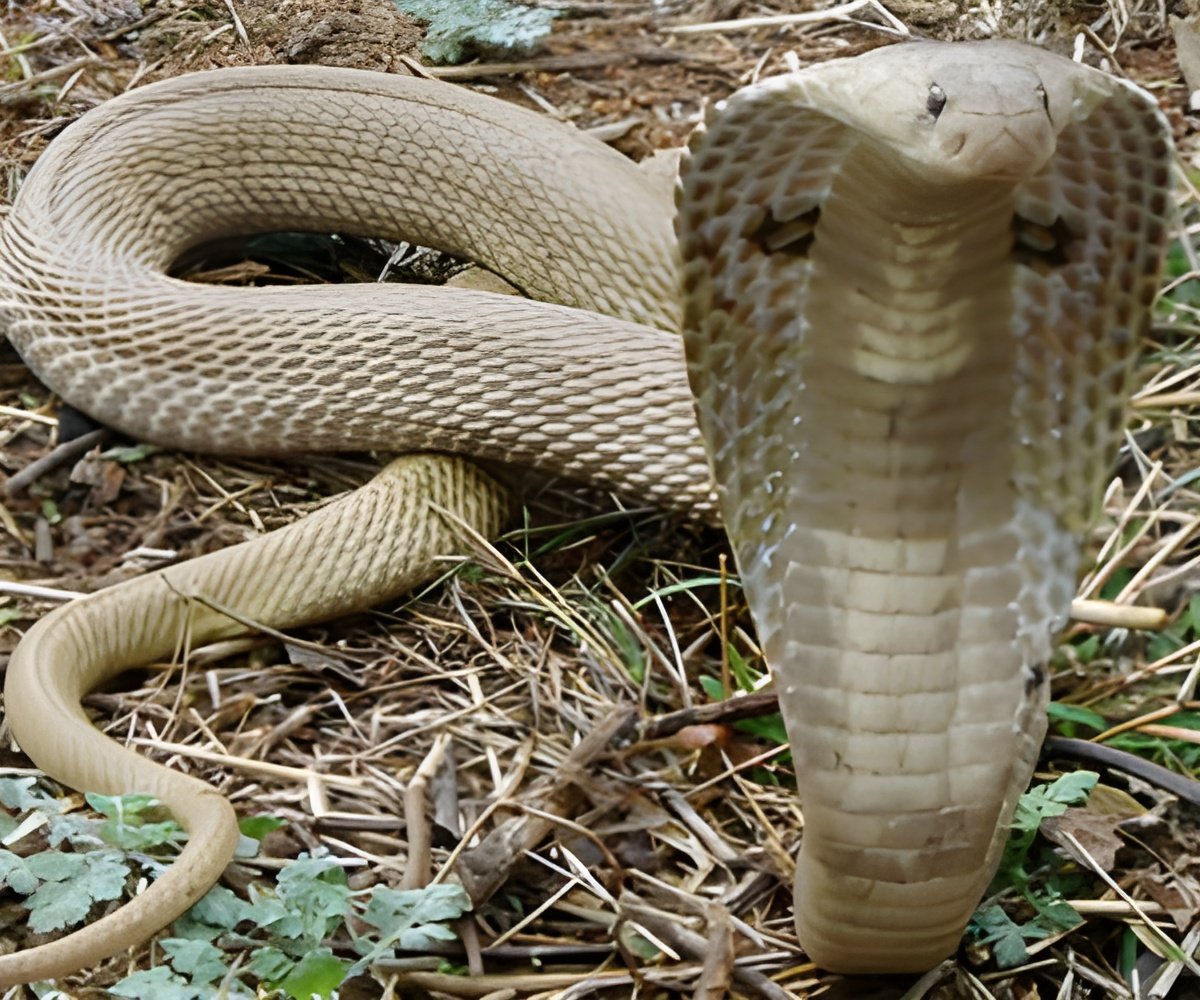
The snake-sensitive neurons were more numerous, and responded more strongly and rapidly, than other nerve cells that fired in response to images of macaque faces or hands, or to geometric shapes. Isbell said she was surprised that more neurons responded to snakes than to faces, given that primates are highly social animals.
"We're finding results consistent with the idea that snakes have exerted strong selective pressure on primates," Isbell said.
Nishijo's laboratory studies the neural mechanisms responsible for emotion and fear in rhesus macaque monkeys, especially instinctive responses that occur without learning or memory.
Previous researchers have used snakes to provoke fear in monkeys, he noted. When Nishijo heard of Isbell's theory, he thought it might explain why monkeys are so afraid of snakes.
"The results show that the brain has special neural circuits to detect snakes, and this suggests that the neural circuits to detect snakes have been genetically encoded. I don't see another way to explain the sensitivity of these neurons to snakes except through an evolutionary path," Nishijo said.
Advertisement
Source-ANI












